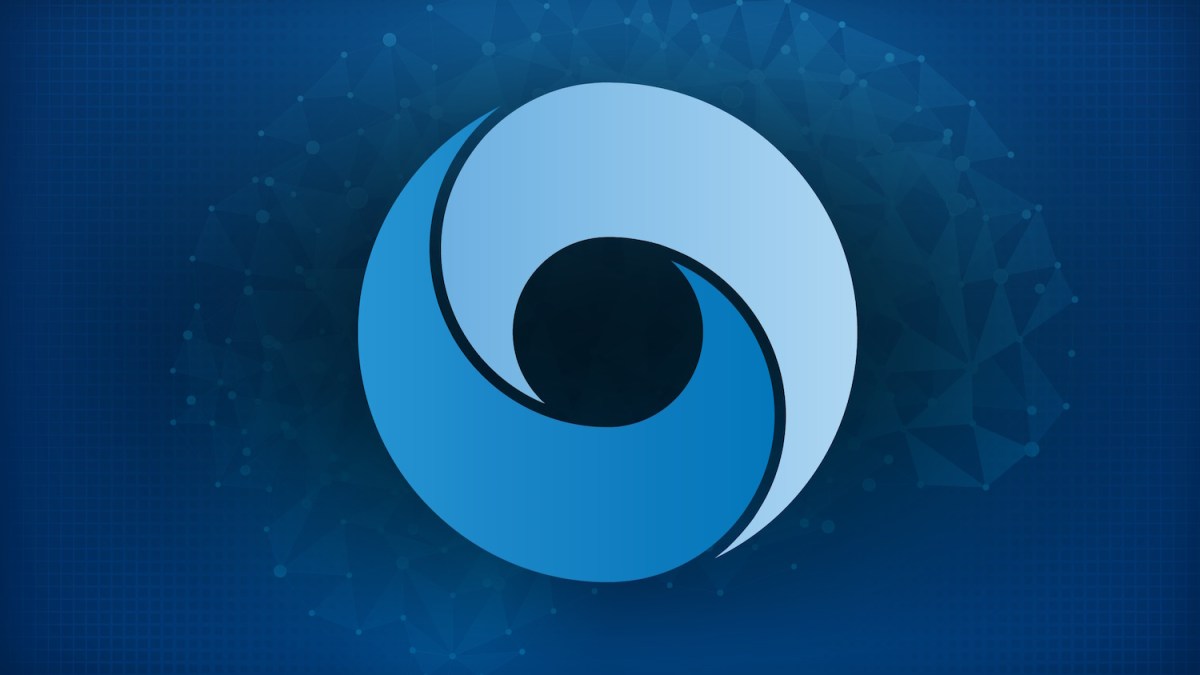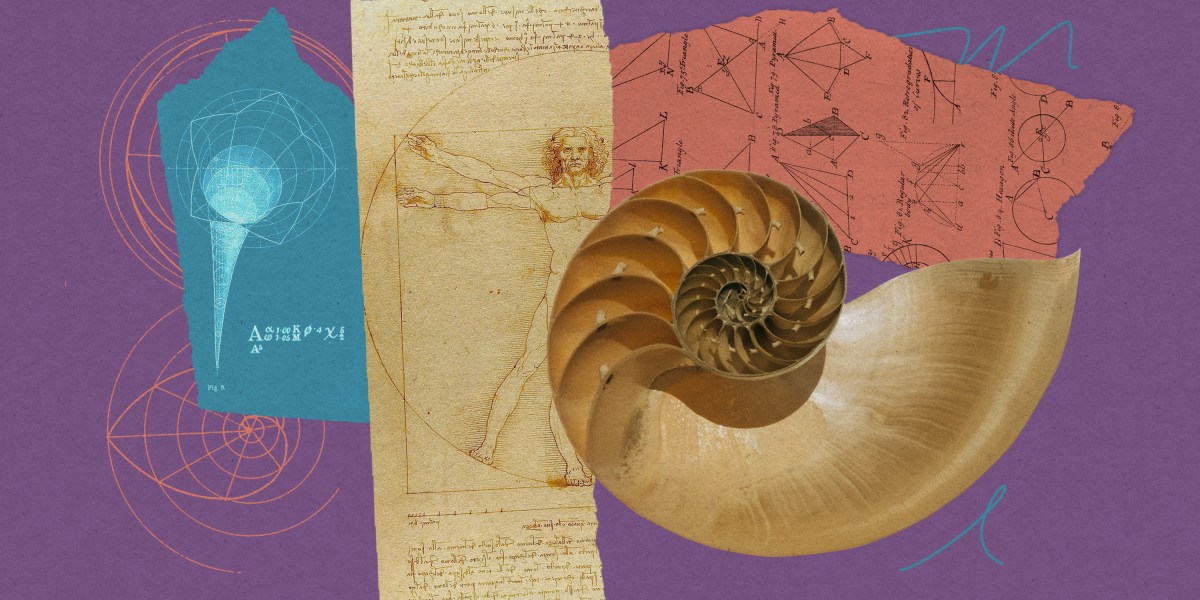DeepMind, the research and development division of Google dedicated to artificial intelligence (AI) research, is actively exploring innovative strategies to improve the functionality of AI systems, particularly focusing on addressing intricate geometry challenges.
AlphaGeometry, a state-of-the-art system recently introduced by DeepMind, is designed to tackle a wide range of geometry problems, boasting proficiency comparable to that of a top-tier International Mathematical Olympiad gold medalist. This cutting-edge system, whose code was publicly released today, demonstrates exceptional performance by solving 25 Olympiad geometry problems within the standard timeframe, surpassing the previous leading system’s accomplishment of solving 10 problems.
The introduction of AlphaGeometry signifies a significant advancement in fostering profound mathematical reasoning crucial for the progression of more sophisticated and adaptable AI systems. As highlighted by Trieu Trinh and Thang Luong, research scientists at Google AI, the advent of AlphaGeometry is poised to unlock new possibilities across various domains such as mathematics, science, and AI.
The emphasis on geometry by DeepMind is rooted in the concept that proving mathematical theorems demands not only logical reasoning but also the ability to navigate through a multitude of potential solution paths. This problem-solving methodology, if validated by DeepMind, could play a pivotal role in shaping the future landscape of general-purpose AI systems.
Training an AI system to excel in geometry problem-solving poses distinctive challenges. The complexities involved in translating proofs into a format understandable by machines have resulted in a scarcity of viable geometry training datasets. Furthermore, while many cutting-edge generative AI models excel in pattern recognition, they often lack the capacity for logical reasoning processes.
DeepMind’s innovative approach to these challenges involved a dual-strategy. By amalgamating a “neural language” model akin to ChatGPT with a “symbolic deduction engine” that leverages mathematical principles to deduce solutions, DeepMind developed AlphaGeometry. This hybrid system enables the neural model to steer the deduction engine through potential solutions to geometry problems, thereby enhancing efficiency and accuracy.
In the absence of adequate training data, DeepMind created a synthetic dataset comprising 100 million “synthetic theorems” and proofs of varying complexities. AlphaGeometry underwent training from scratch on this synthetic data and was subsequently evaluated on Olympiad geometry problems.
The outcomes of AlphaGeometry’s problem-solving capabilities, as delineated in a recent study published in the journal Nature, are poised to rekindle discussions regarding the optimal methodologies for constructing AI systems. This development underscores the ongoing discourse between advocates of neural network-based systems and proponents of symbolic AI, who advocate for the effectiveness of symbol manipulation in encoding knowledge and reasoning across intricate scenarios.
The emergence of AlphaGeometry as a hybrid symbolic-neural network system, reminiscent of DeepMind’s AlphaFold 2 and AlphaGo, exemplifies the potential advantages of integrating both approaches to enhance AI performance. This fusion of symbol manipulation and neural networks could pave the way for more sophisticated and adaptable AI systems in the future, pushing the boundaries of human knowledge further.
In summary, DeepMind’s unwavering dedication to developing AI systems capable of cross-domain generalization underscores their commitment to advancing problem-solving capabilities and reasoning skills crucial for the evolution of AI technologies. This strategic approach holds the promise of revolutionizing how AI systems explore and apply new knowledge across diverse fields, including mathematics and beyond.






